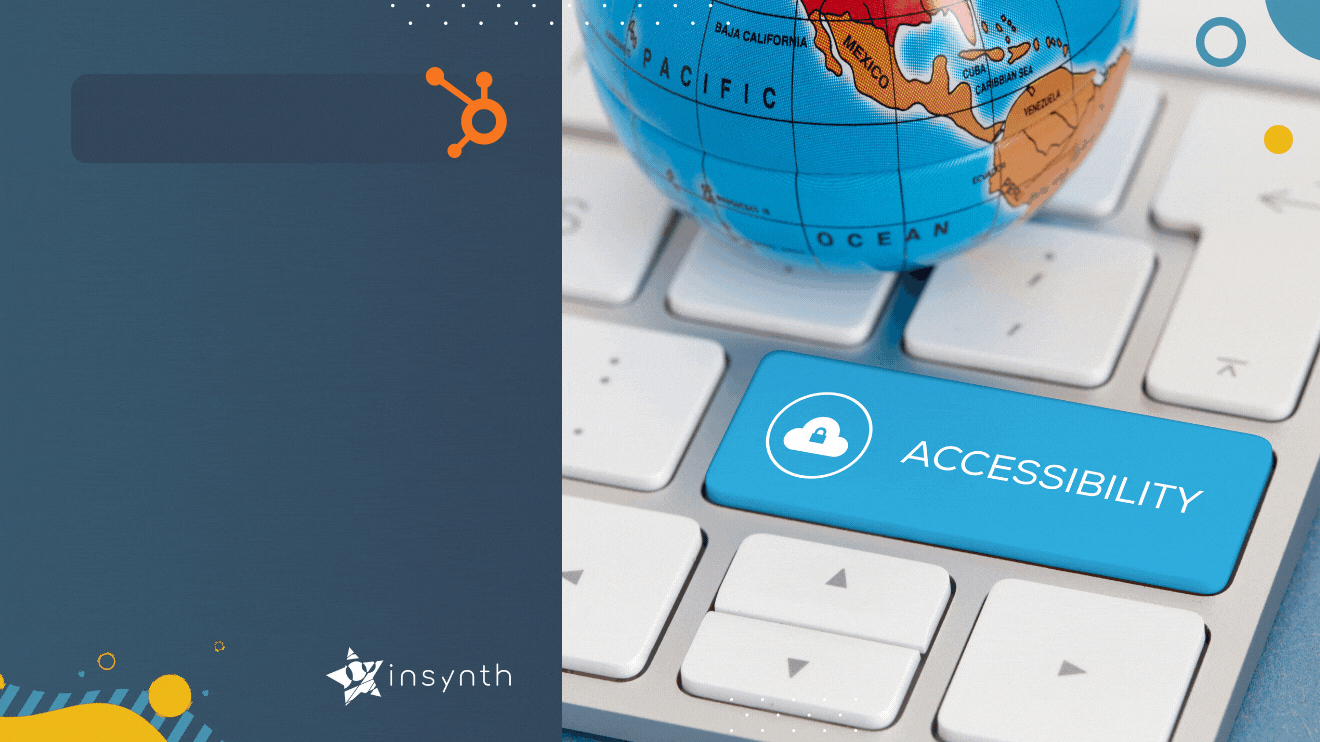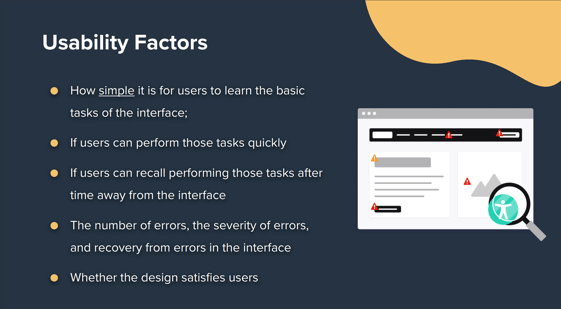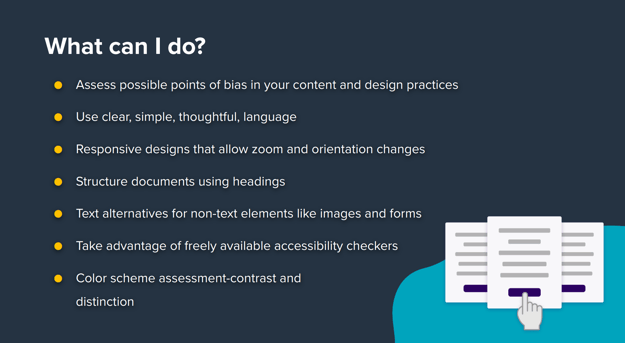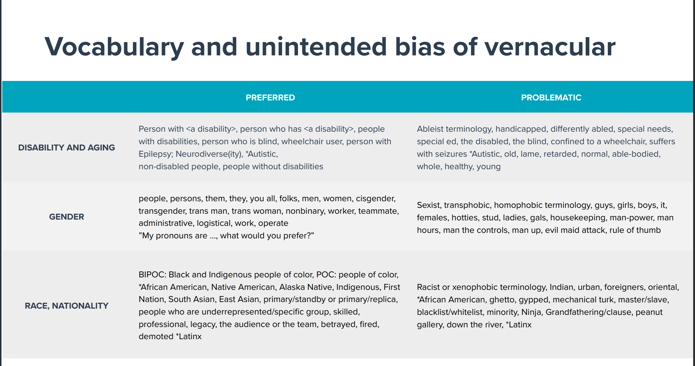3 min read
#INBOUND2021: Is Your Construction Business Accessible Enough?
Alex Miles
:
14-Oct-2021 13:04:44

Live From #INBOUND2021
Alisa Smith opens up the talk describing her appearance and surroundings. At first, I was a bit confused, then it clicked. INCLUSIVITY!!
Before even talking about the main topic of the seminar she had already made an effort to include those attending who could be visually impaired, absolute genius.
Let’s get into it. Alisa is an Accessibility Evangelist at Audioeye, inc with over 20 years of experience in design development and quality assurance to make the web accessible to as many people as possible.
What does an accessibility evangelist do? In Alisa’s terms, she conducts training for accessibility, tests websites, researches and surveys people on accessibility. She then writes educational and informative blogs about sharing online and provides analysis for Audioeye.
Accessibility And Usability Are Parts Of Inclusion As A Whole
Three different terms, but all equally important for your marketers, but what does each term mean.
Accessibility
Refers to the tools and technologies designed and developed for people with disabilities to access the web. These are beneficial to those who are visually or speech impaired, cognitive impairment and neurological disorders.
Accessibility also includes those who do not have disabilities but are limited to the web due to too little to no internet access, age and economic situation.
Usability
Usability is about designing your website to be efficient and functional for those with or without disabilities.
Usability should allow your audience to complete a task quickly whilst also having an interface that satisfies your site user.
Inclusivity
Encompasses Accessibility and Usability and diversity.
The key to Inclusivity is to represent those who are unrepresented; these communities share a similar characteristic but are excluded and discriminated against. Marketers can benefit from practising empathy to have a clearer understanding of their users and better connections.
What We Can Do
Understanding these terms are essential. But understanding is not enough; you need to act. Alisa provides some valuable tips on what your businesses can do so that your websites can cover all of these terms.

Assessing Bias In Vocabulary
Something can be done right now, by your team or even yourself by altering the language used in the workplace.
The best first step is to review all your content and ask yourself, “would this language drive our audience away” or, even more critically “will it cause offence.” Slang and informal language can damage your brand significantly, especially considering that the British language is amongst the languages that have the most completely different definitions of individual words on the planet. Think. Do you really know what every word you use actually means? Or how it could be perceived by others?
Alisa provides a list of language that is preferred and problematic in a corporate and less formal setting. Look and if you are unsure of any language, ask!!

Tips For More Inclusive Content
- Include ALT tags for your essential images; this makes it easier for screen readers to process the images information and help people who cannot access pictures on whatever technology they’re using.
- Structure your content with headings. Again, this is vital for screen readers; by having an organised structure, the technology can read the information clearer and quicker.
- Use clear and inclusive language. By showing your business embraces inclusivity, you are more likely to attract a wider audience and builds trust. This is also great if you want your audience to promote you via word of mouth..
- Give control. Allow users to control different settings on your digital content; this could include allowing users to zoom on your content, turning off animations, shifting between dark and light mode.
Conclusion
I was already aware that as a society, we are not as accessible and inclusive as we think we are, but I never knew how to improve it in a digital format. I wasn’t aware of so many tools out there, and I think many construction businesses can benefit from investing in Accessibility and Inclusivity practices.
About Insynth
At Insynth we deliver a predictable flow of leads, customers, and specifications for building product brands through our inbound marketing approach, proven to reach a technically demanding audience.
We use the latest marketing techniques such as construction inbound marketing, to equip building product companies to grow sustainability in this era of digital transformation.
As the only HubSpot certified agency to major in construction marketing. We have a proven formula of bringing a variety of functionalities together including CRM Implementation, Web Design, Sales Automation, SEO, and Email Marketing to achieve your ultimate aim: Growing your business and gaining new specifiers and customers.
Book A Free Consultation Today
